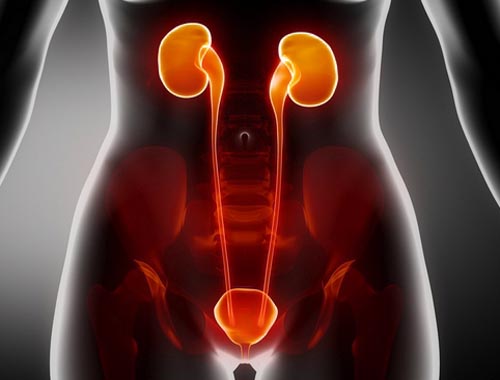
Complete Blood Count (CBC)
CBC is a common blood test performed as part of routine checkups. It provides valuable information about your overall health and can help screen for diseases and assess nutritional status.
Components of CBC:
* Hemoglobin (Hgb): Total amount of hemoglobin in the blood.
* Hematocrit (Hct): Percentage of blood volume occupied by red blood cells.
* Mean Corpuscular Volume (MCV): Average size of red blood cells.
* Mean Corpuscular Hemoglobin (MCH): Average weight of hemoglobin per red blood cell.
* Mean Corpuscular Hemoglobin Concentration (MCHC): Average concentration of hemoglobin per red blood cell.
* Platelet Count: Number of platelets, essential for blood clotting.
* White Blood Cell Count: Number of white blood cells, which fight infections.
Indications for CBC:
CBC helps evaluate symptoms such as weakness, fatigue, and bruising. It can also aid in diagnosing conditions like anemia, leukemia, malaria, and infections.
Normal Ranges for CBC:
Hemoglobin
* Men: 13.0 - 17.0 g/dL
* Women: 11.5 - 15.5 g/dL
Hematocrit
* Men: 40 - 55%
* Women: 36 - 48%
Platelet Count
* Adult: 150,000 - 400,000/mL
White Blood Cell Count
* Adult: 5,000 - 10,000/mL
Procedure:
* Blood is drawn from a vein in your arm.
* It is collected in a special container and sent to a laboratory for analysis.
* The procedure typically takes a few minutes.
Interpretation:
Your healthcare provider will interpret your CBC results based on reference ranges established for each component. If you have any questions or concerns, do not hesitate to ask for clarification.


DDxHub is a concentrator that holds a lot of disease descriptions. It relies on the System knowledgebase to diagnose a health condition.
Differential diagnosis Hub is the System distinguishing of a particular disease or health condition from others.